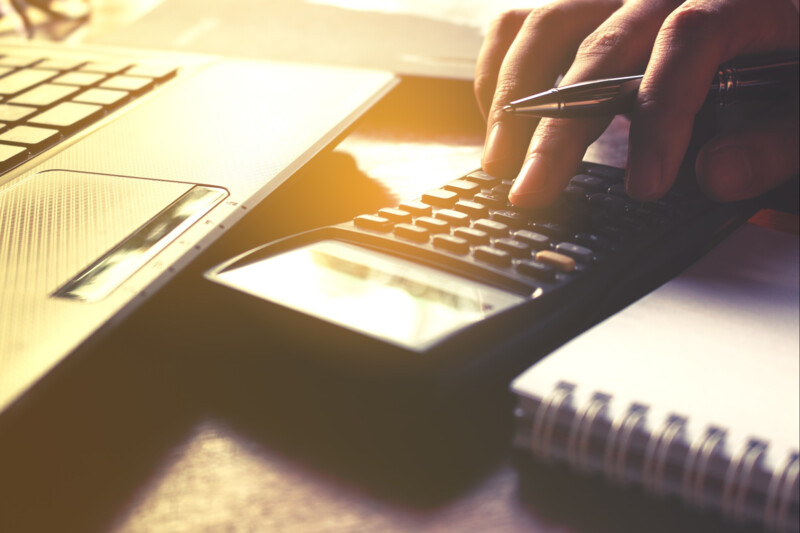Anyone wishing to set up their own business, whether as a sole trader or as part of a company, needs to set aside an initial budget. Even before starting up, you will inevitably incur a number of costs. A business is not officially created until it has been registered, which can take several weeks. In the case of a company, drafting the articles of association, publishing a legal notice and filing the application with the registry are just some of the steps involved. In all cases, a number of steps must be taken before any sales can be generated: drawing up a business plan, registering a trademark or patent, concluding a commercial lease, designing a website, advertising, fitting out premises, purchasing equipment... The question then arises as to how to account for these expenses incurred prior to setting up a business, and the related VAT. Can they be reclaimed?

How do you account for expenses incurred before setting up the company?
All expenses paid personally by the entrepreneur or the partners of a company on behalf of the business prior to registration are eligible for reimbursement.
However, three conditions must be met:
- the costs must be directly related to the creation;
- supporting documents in the name of the future company must be provided;
- the documents must not be older than 6 months before the date of registration.
In the case of a company, in-kind contributions made by associates to build up capital are not considered reimbursable expenses.
If an invoice cannot be issued in the name of the future company, there's nothing to prevent the manager from re-invoicing the expenses to the company after it has been set up. However, VAT will not be recoverable.
All costs relating to a contract concluded in the name of a company in formation will be deducted in the accounts once the company has been registered, but only if the words "in formation" appear on the document. Otherwise, as an unregistered company has no legal existence, the contract will be considered invalid.
The company's creation date is important. It appears on theK-bis extract. This is the date declared to the CFE (Centre de Formalités des Entreprises).
Acts performed by associates on behalf of the company "in formation" prior to the signing of the articles of association will be automatically taken over without any special formalities. In this way, associates will be relieved of their personal liability, and the company will be able to deduct the costs of these acts.
From an accounting point of view, expenses are entered as soon as the company is created, either to the credit of the partner's current account, or to the credit of the operator's account. Reimbursement by the bank can take place as soon as a business bank account is opened. In the case of sole proprietorships, there is no need for repayment, as business and personal assets are not separated. All receipts retained will subsequently be integrated into the accounting system to extract VAT, and the expenses will be deducted from taxable income.
How can I reclaim VAT on expenses incurred before setting up my business?
When invoicing for the purchase of goods or the rendering of a service, the company pays VAT to its supplier. The invoice price excluding VAT is increased by the amount of this VAT. The company pays the price inclusive of VAT. At the time of sale, the company invoices its customer for VAT. The sales price excluding VAT is increased by the amount of VAT. The company collects the sales price including VAT.
It then pays the government the difference between the VAT collected from its customers and the "deductible" VAT it has paid, which it can also reclaim on its fixed assets and on most of its expenses (gasoline, shipping costs, etc.). Please note, however, that some goods and services, such as insurance premiums, are not deductible.
If no sales are generated, the company pays no VAT to the tax authorities. Instead, it benefits from a so-called VAT credit. After registration, this credit will be offset against a balance of VAT to be repaid.
As soon as the business is up and running, VAT will be progressively collected and the credit amount will decrease. The first VAT return will include all the deductible VAT already paid to the various suppliers, on the basis of invoices in due and proper form.
In the case of a legal entity, if expenses are included, this must be stipulated in the articles of association, or subsequently by decision of the partners or shareholders. In the absence of a statement appended to the articles of association, or the appointment of a proxy, expenses incurred on behalf of a company in formation cannot be deducted. A summary list of expenses must therefore be drawn up, indicating the consequences for the company.
To answer the question: can VAT be reclaimed on expenses incurred before the company was set up? The answer is yes, but beware of the conditions for companies.
